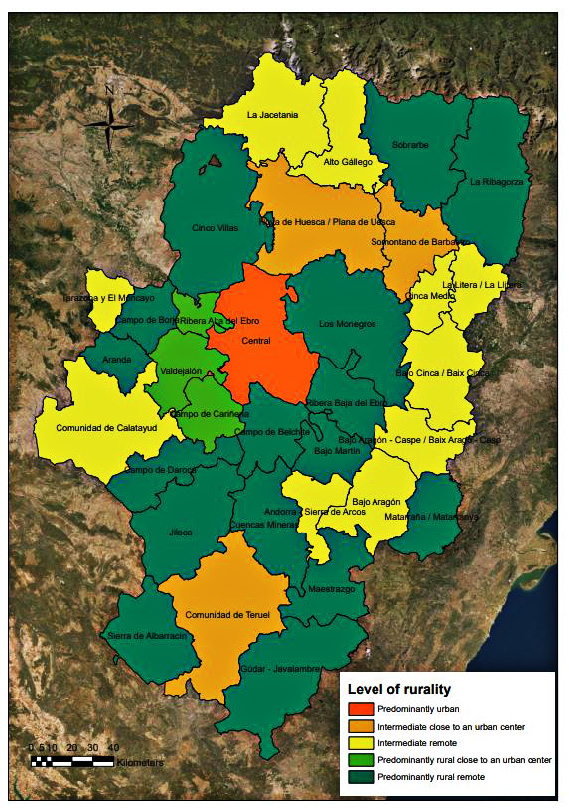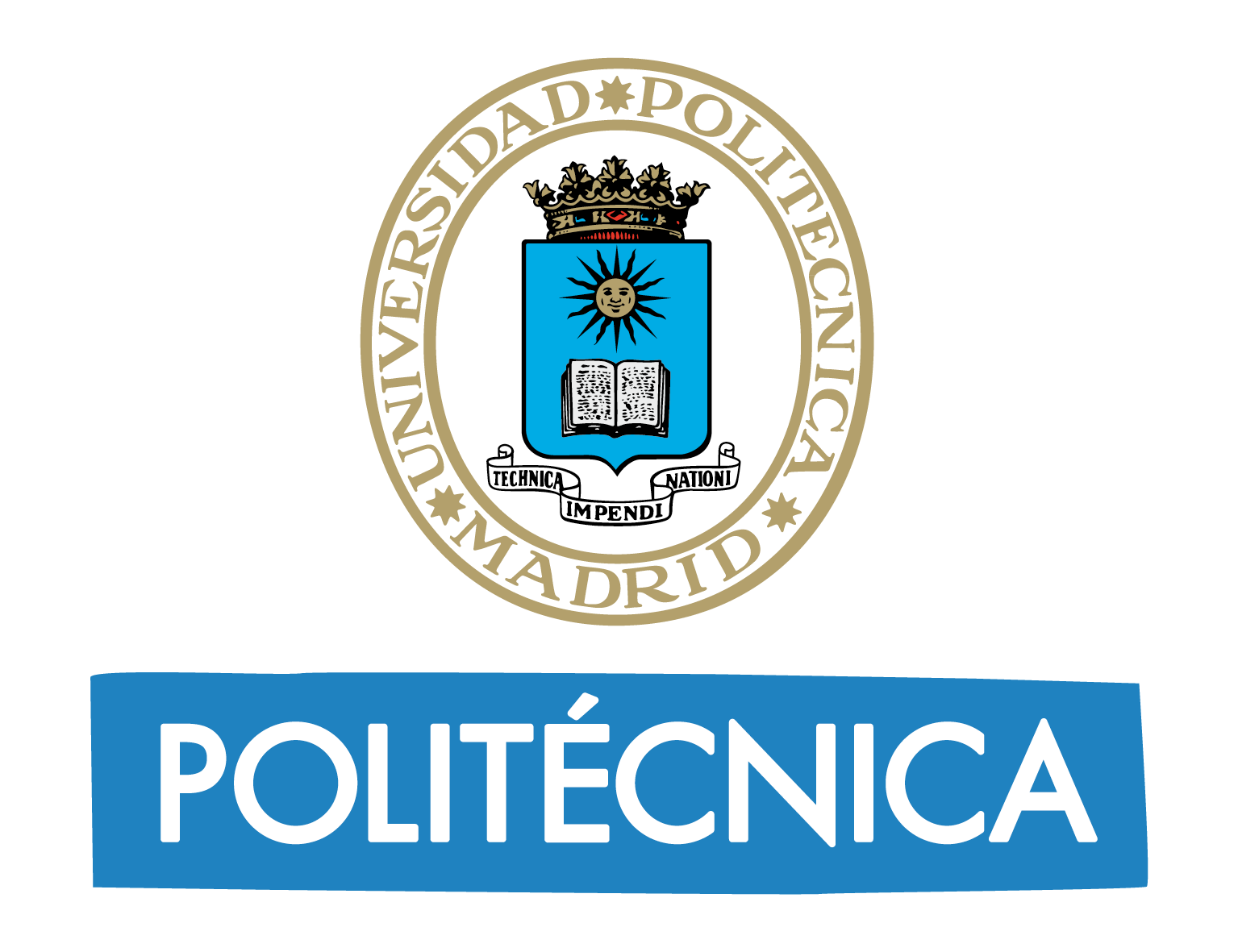Social dimension of rural areas
CEIGRAM researchers analyse rural development in Aragon and propose improvements in social politics under the H2020-Sherpa project.
November, 2022
Researchers of Research Centre for the Management of Agricultural and Environmental Risks (CEIGRAM) Bárbara Soriano, Isabel Bardají and Carina Folkeson have published the position paper ‘Social dimension of rural areas’ to analyse the rural development in Aragon.
The study undertakes the analysis of two key factors: on the one hand, wellbeing and social relationships, and, on the other hand, social inclusion in rural areas. These two factors introduce the aim of the report: to find out what the needs of the rural population of Aragon concern quality of life, social relationships and social inclusion of the migrant population. Besides, it analyses what policy interventions are already underway and what other instruments or measures should be developed with the support of the European Union.
According to the first conclusion drawn from this paper, based on surveys of the rural population, the quality of life is high in the rural areas of Aragon, mainly explained by the natural environment (natural environment, security, peace and quiet, absence of pollution) as well as social relationships (living close to friends and relatives, social relations with the neighbours, lack of social tension). These results are similar to previous studies at the Autonomous Community level and show that Aragon was the third Autonomous Community in Spain with the highest quality of life in 2019. Material conditions, jobs, education, leisure and social relationships, security and the natural environment are the aspects that are above the national average.
However, social relationships in rural areas are limited. Local Action Groups (LAGs) integrated by public and private entities funded by the community-led European funding programme LEADER have identified the main factors involved in the weakness of these social relationships: the low level of associative culture, weak social networks, lack of social venues, low interest in public participation and the low cooperation level between civil associations and public administrations and across counties to face the challenges jointly. So it is clear that action is needed to improve social relationships and thus wellbeing.

Classification of the counties in Aragon according with the rurality level. Source: SHERPA’s elaboration based on Gobierno de Aragón (2021)
The project has also identified other constraints to improve rural social relationships: housing access, transport and mobility, qualified jobs availability, legislation development adapted to rural areas conditions (rural proofing), and administrative coordination. Besides, the migrant population is currently a challenge in some counties from Aragon counties because the unemployment rate is high, their families are numerous, and they are under an increasing poverty risk.
Improving social relationships and the quality of life in rural areas
This study has shown that LAGs are one of the main tools to promote the economic and social revitalisation of the rural areas in Aragon.
The latest LAG strategic plan in Aragon (2014-2020) shows that LAGs interventions have been mainly oriented to support economic revitalisation. Thus it is proposed to strengthen the budgets of these groups so that they can devote more effort to enhancing social integration, improving social relations, and implementing collective actions and public participation in rural areas. However, granting of bigger budgets to LAGs should be supported by increasing confidence in their capacity to design and implement local development actions, as well as more significant support in the implementation of intangible projects, i.e. those that are not limited to investment in fixed assets, but also in the development of relationships and social empowerment.
This proposal also covers improvement actions of the social policies that show the need for developing a clear positive discrimination of rural areas. Also, the necessity for adapting the funds according to the social objectives identified in the rural areas, and at the same time, coordinating them at the regional and local level, as well as developing tools for evaluating the impact of social policies in the mid-long run.
SHERPA (Sustainable Hub to Engage into Rural Policies with Actors) is a four-year project (2019-2023) with 17 partners funded by the Horizon 2020 programme. The project aims to gather knowledge that contributes to the formulation of recommendations for future policies relevant to EU rural areas, by creating a science-society-policy interface which provides a hub for knowledge and policy.


